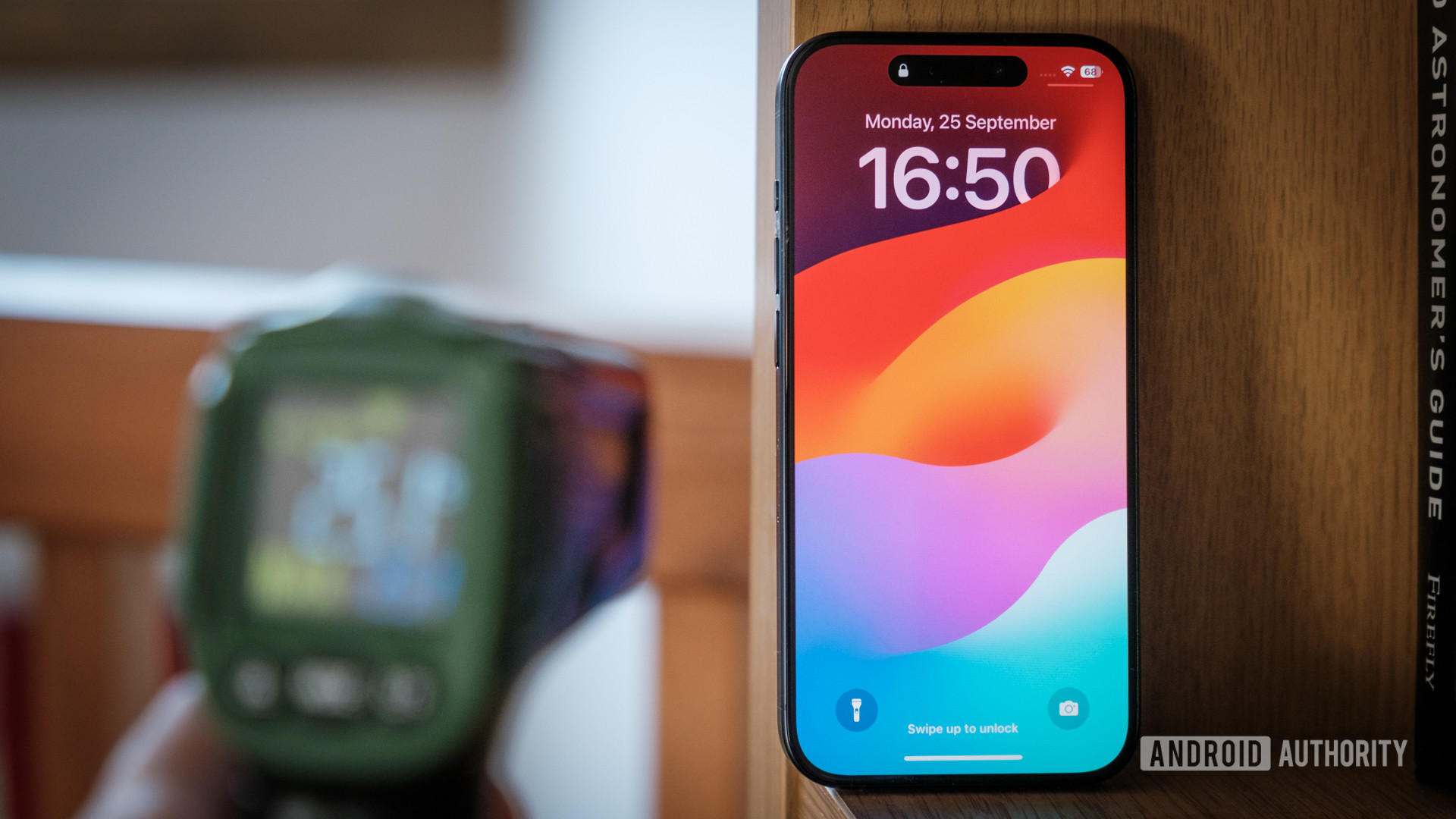Affiliate links on Android Authority may earn us a commission. Learn more.
iPhone 16 leak suggests Apple doesn't want a repeat of the iPhone 15 overheating problem
Published onNovember 17, 2023

- Apple could be working on a new Graphene-based heat dissipation solution for the iPhone 16 series.
- The company might also be planning to use a metal shell for the batteries of the Pro iPhone 16 models.
A new leak suggests Apple will improve the thermals on the iPhone 16 series to avoid a repeat of the iPhone 15 overheating problem.
According to an Apple tipster named Kosutami, Apple is “actively working on” a Graphene-based thermal system for the iPhone 16 series. Graphene-based cooling systems are common in the Android world, and some brands have been using them for years. Replacing the current cooling system on iPhones with a Graphene-based solution could help improve heat dissipation on the next set of iPhones.
Apple analyst Ming-Chi Kuo previously pointed out that the iPhone 15 Pro overheating problem is linked to the compromises Apple made to the thermal design of the phones in order to make them lighter.
Apple is actively working on graphene thermal system of iPhone 16 Series to solve the heating problem existing before. And the battery of Pro series would change to metal shell, for the same reason.— Kosutami (@KosutamiSan) November 16, 2023
Apple later pushed out a software update to fix the problem, but some iPhone 15 Pro owners are still experiencing excessive heating on their devices.
Hopefully, Apple will do a better job of getting to the root of the problem before launching the iPhone 16 series. The leaker claims Apple is also planning to encase the battery of the iPhone 16 Pro models in a metal shell to further avoid overheating issues.
Kosutami is a leaker who bases his information on test products. Their leaks are not always accurate, so we would advise you to treat this information with a fair amount of skepticism.